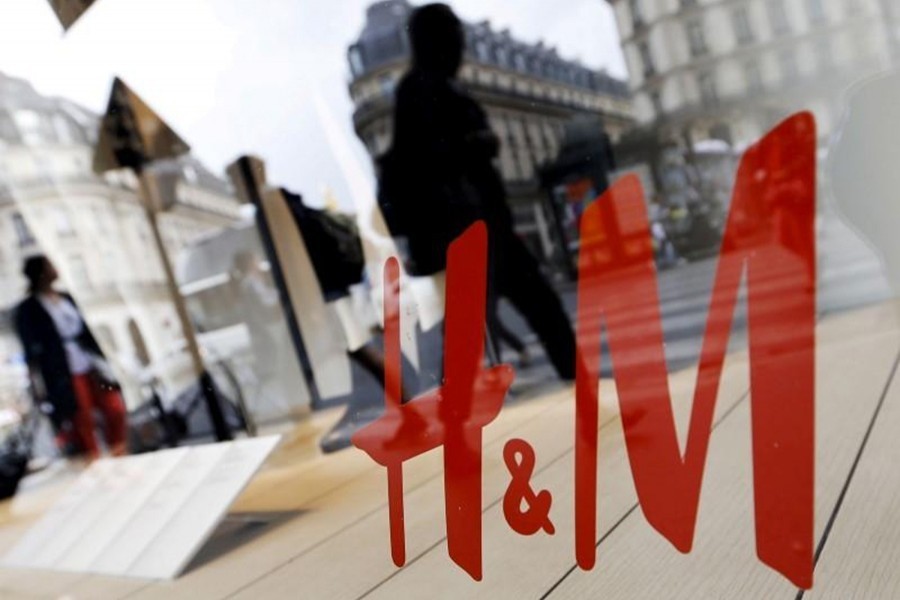H&M, one of the largest global apparel brands, has cut more than 100 jobs from Bangladesh production office mainly to cope up with the rapid changes in the retail industry amid the Covid-19 pandemic, sources said.
The Swedish retailer, which has been sourcing readymade garment (RMG) items from Bangladesh for last 27 years, is now gradually withdrawing its businesses from tier three or silver category factories and shifting towards platinum-and gold-rated ones, they added.
It sources more than $3.0 billion worth of apparel items annually from more than 250 factories in Bangladesh, according to the industry insiders.
When asked, H&M Bangladesh country manager Ziaur Rahman said they made some structural changes in the company to be more agile and customer centric.
In order to respond to the rapid changes in the retail industry and to meet the new demands of H&M customers, the Group is
developing its organisation to become even more efficient, fast moving and agile, said Ulrika Isaksson from H&M Group Communications Department.
"As part of this change, we have taken the difficult decision to decrease the number of employees at our production office in Bangladesh by 101 persons," she told the FE through an email communication.
H&M has approximately 650 employees at its production office in Bangladesh.
Responding to a question, she said these employees will be the group's main priority in this process, and that they will fulfill their obligations according to local labour law requirements.
While it's important to stay flexible because of uncertainties with how the pandemic will develop, the group has a long-term manufacturing and sourcing strategy, she said.
"We have been present in Bangladesh for more than 27 years and the country is, and will continue to be, an important production market to us," she said, responding to a question whether the massive cut would have any impact on its sourcing from Bangladesh.
The team in Bangladesh will continue to drive the growth and expansion of business together with local suppliers and they have no plan to change their sourcing strategy going forward, she noted.
In a previous communication, she said that in 2020, the group has planned permanent closure of a total of 170 stores while around 130 openings, resulting in a net decrease in the number of stores of around 40 globally.
Talking to the FE, one of its suppliers said during the corona virus pandemic, H&M continues placing orders and did not ask for any deferred payment or discounts.
"What we have heard that H&M is gradually closing its business with silver categorized local RMG factories as part of its strategy," he said on condition of anonymity.
The retailer is and will be shifting the orders to local big platinum-and gold-rated factories, he said, adding that during the pandemic his units received work orders for more than their capacity.
He, however, said the big factories will grab a larger share of the orders withdrawn from the H&M's silver categorized units and they might be shifting to other countries, especially China.
Earlier on March 08, as part of its precautionary measures immediately after the first three COVID-19 cases were confirmed in Bangladesh, H&M reduced its Dhaka office activities.
The firm cancelled its officials' factory visit and all meetings with external visitors.
Later at the end of March, it announced its commitment to take delivery of the then produced garments and goods in production and pay for the orders when other buyers cancelled or suspended orders.
It also committed not to ask local suppliers for discounts on existing orders.


